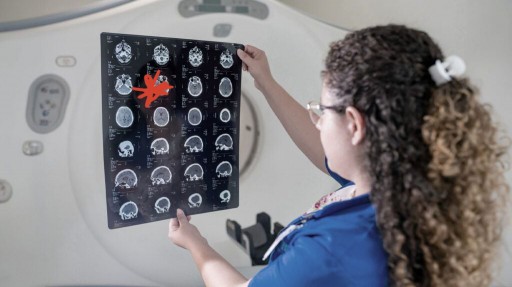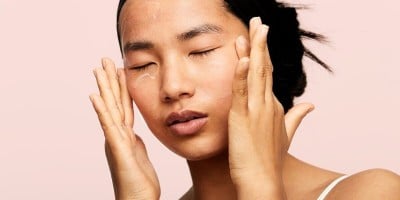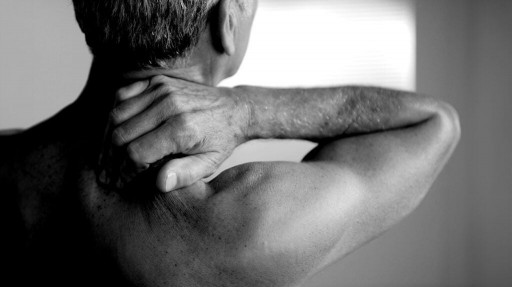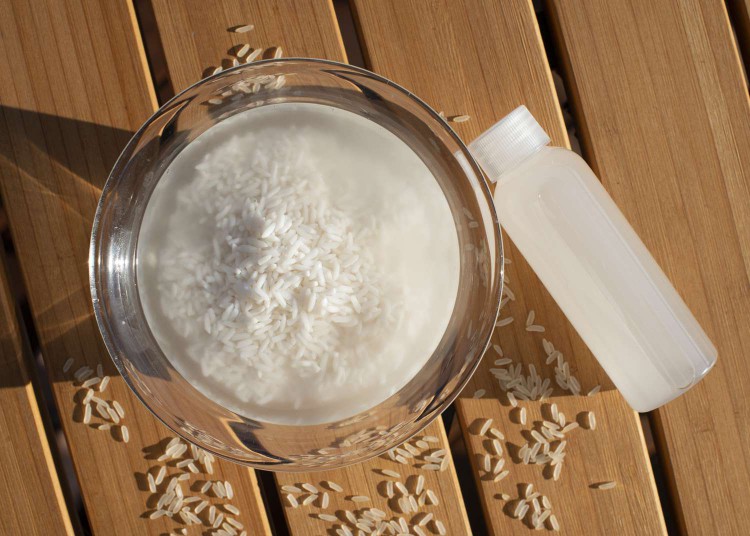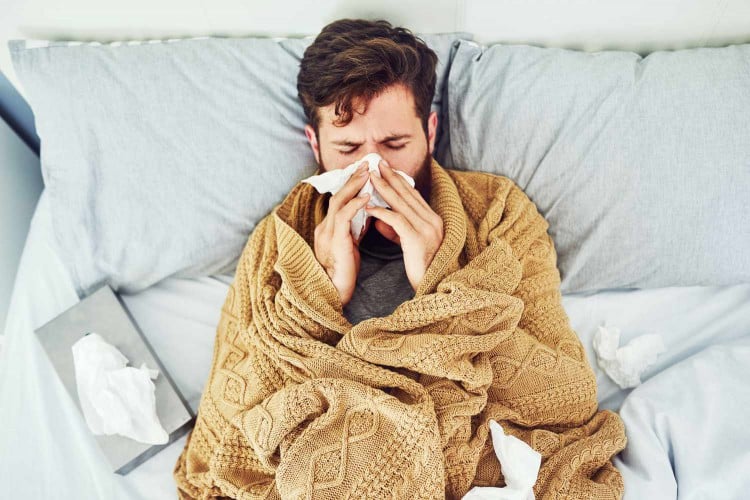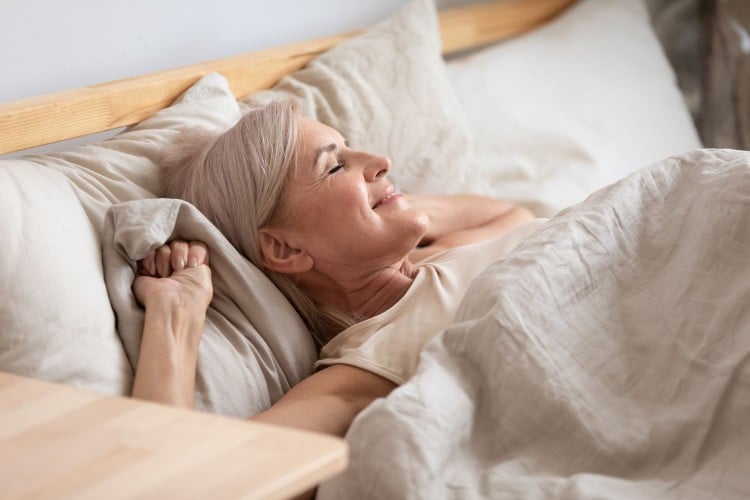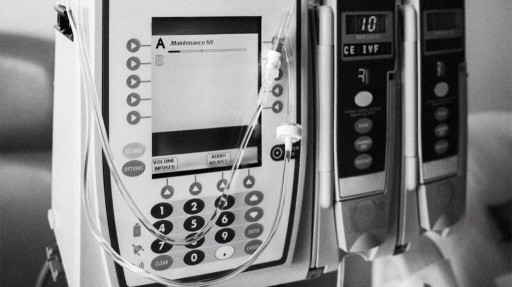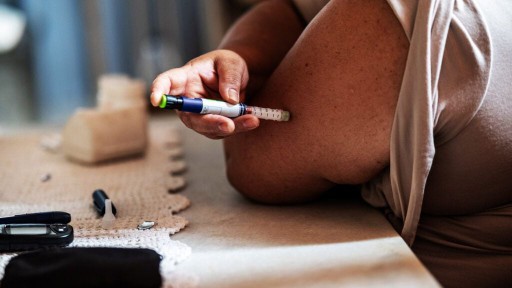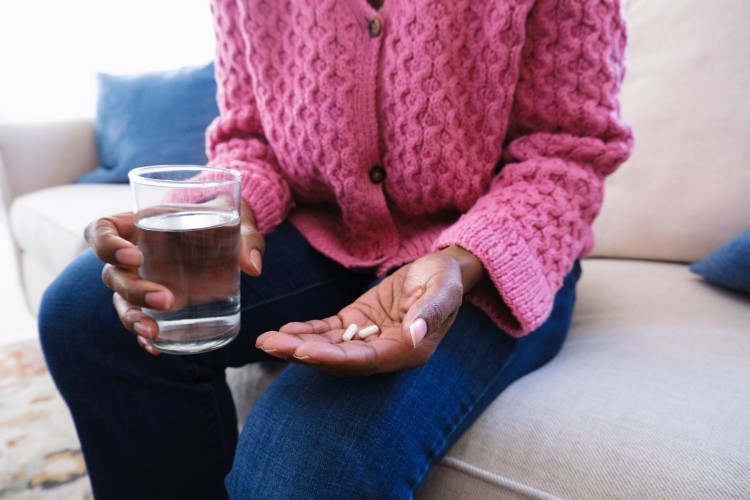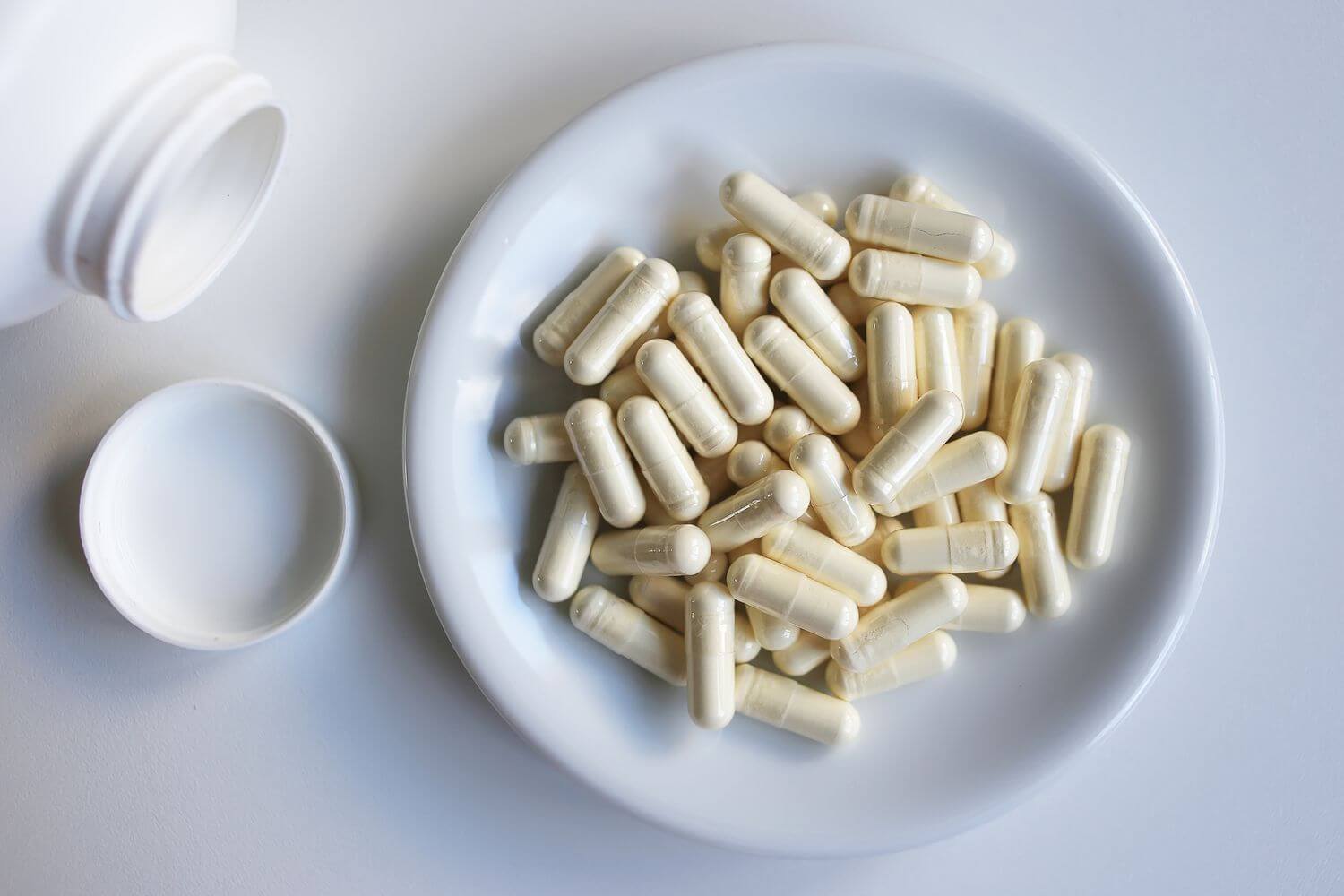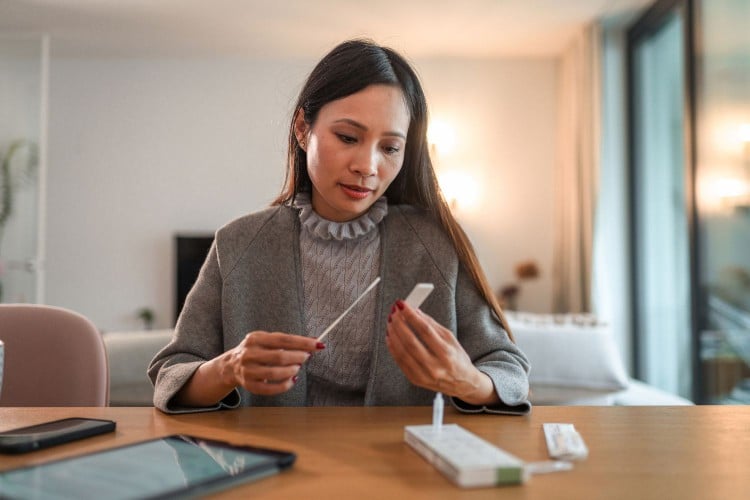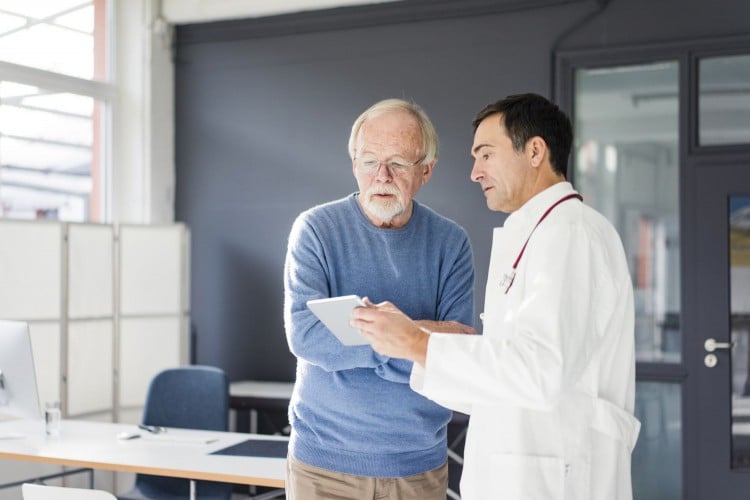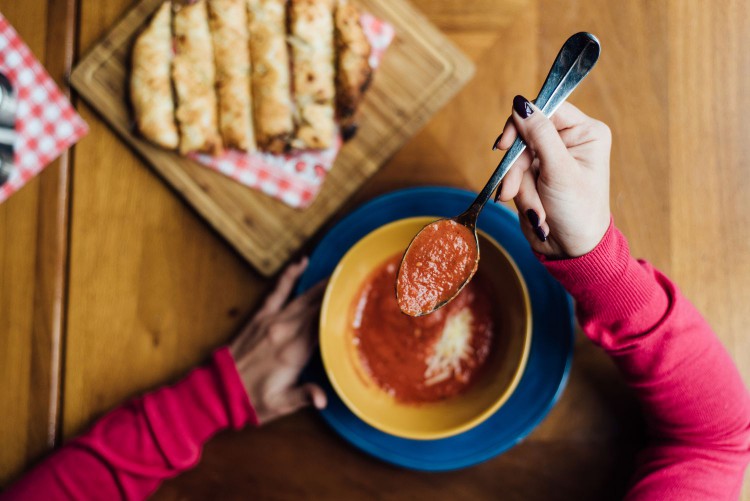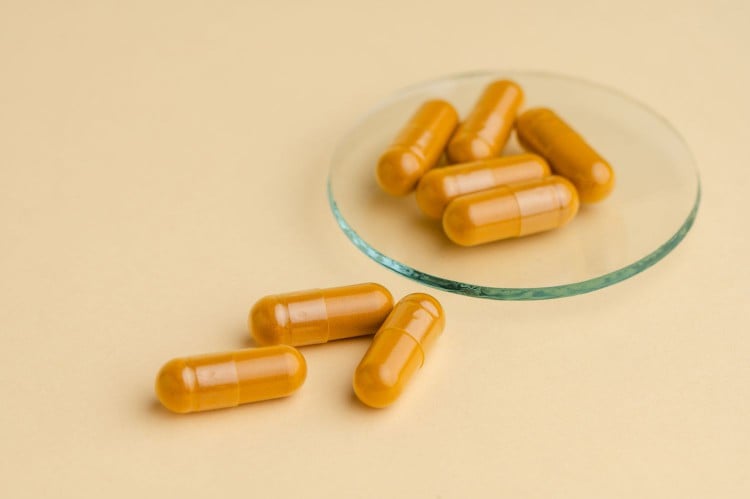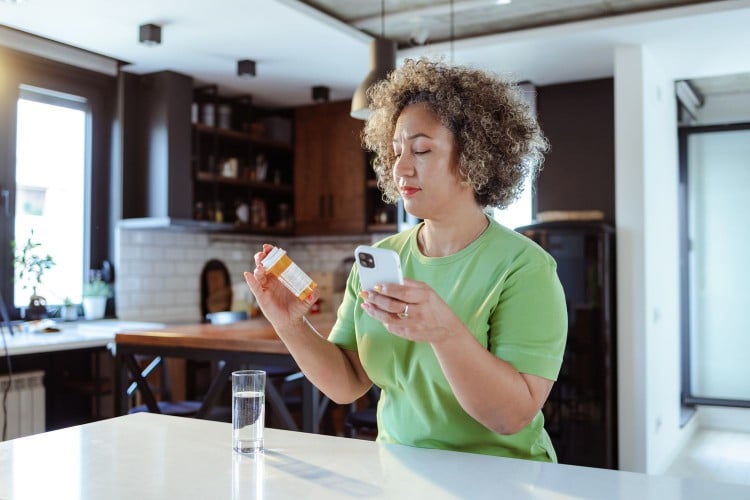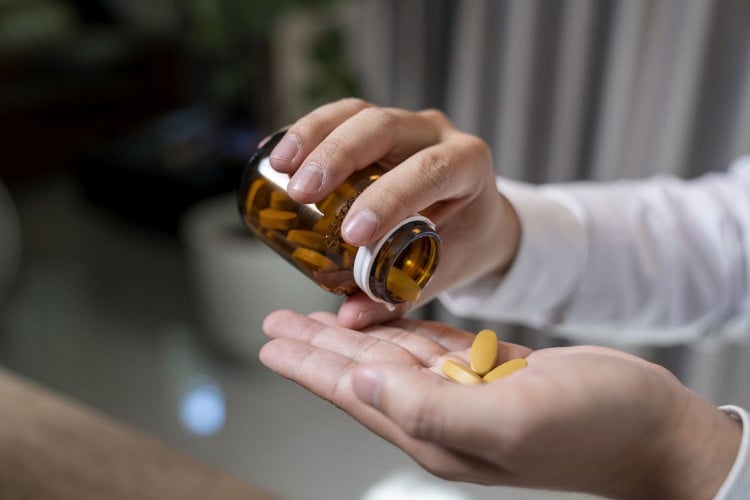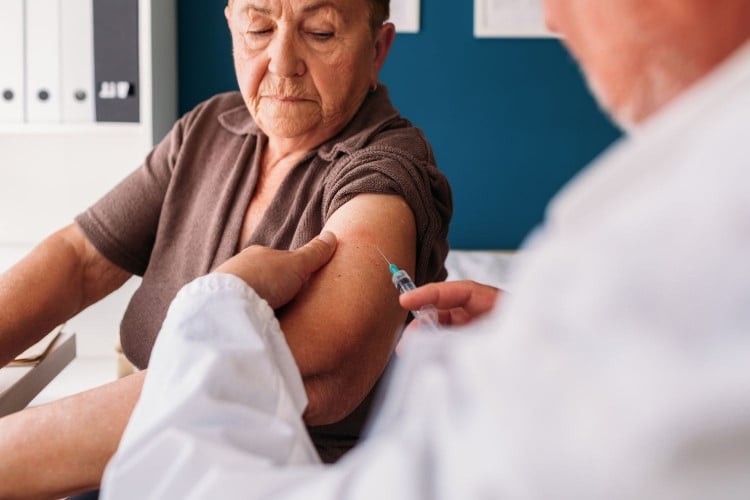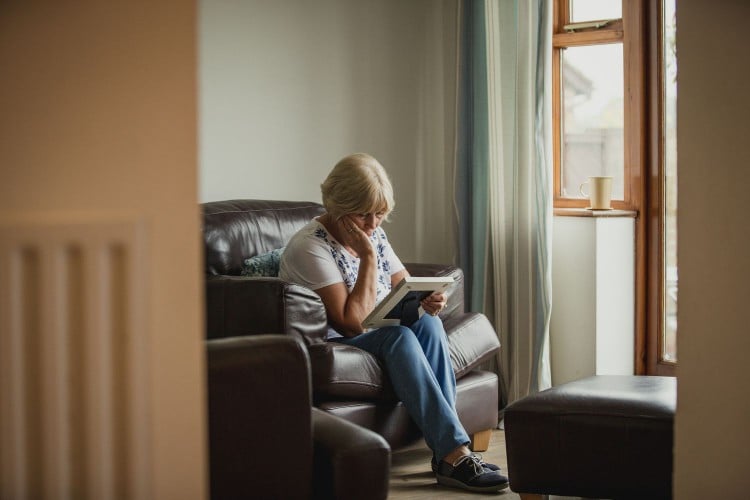
- New research found that loneliness may be linked to a higher likelihood of Parkinson’s disease.
- More specifically, the negative feelings associated with loneliness were linked to an increased risk of the neurological disease.
- Experts recommend people do what they can to combat loneliness by participating in regular, scheduled group activities based on common interests.
Loneliness may be linked to a higher likelihood of Parkinson’s disease, according to new research.
The new study, published earlier this week in JAMA Neurology, found that people who said they were lonely were 37% likely to be diagnosed with Parkinson’s disease, a neurodegenerative disorder that can cause shaking, stiffness, memory issues, and other symptoms.
”Loneliness is actually associated with a higher risk of developing dementia and Alzheimer’s disease,” Nina Browner, MD, professor of neurology and division chief of movement disorders at the University of North Carolina School of Medicine, told Health.
“The study basically tried to figure out if, similarly, we can see [the same in] Parkinson’s disease,” she said.
While the study can’t establish that loneliness causes Parkinson’s disease, the findings add to a long list of negative health effects that can come from being lonely.
These will be especially important to address in light of the U.S. Surgeon General’s warning that the country is facing an “epidemic of loneliness and isolation.”
Here’s how loneliness and brain health may affect one another, as well as how to build social connections to possibly reduce Parkinson’s risk.
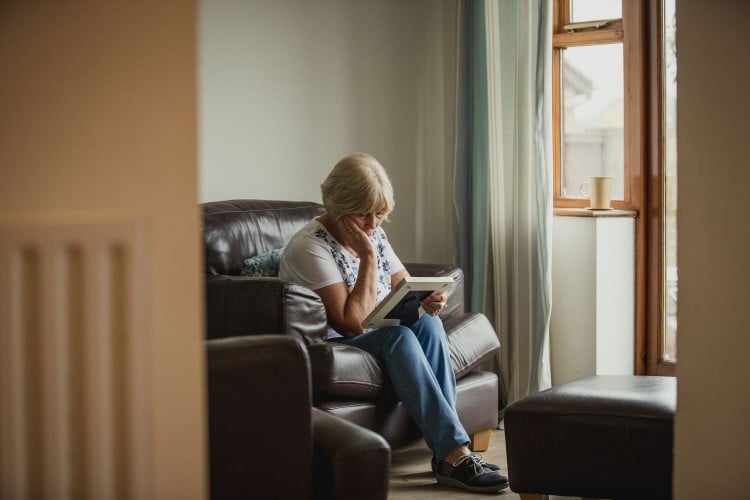
Getty Images / SolStock
Finding an Increased Risk of Parkinson’s Disease
The new study is the first to examine a link between the risk of Parkinson’s and loneliness, Antonio Terracciano, PhD, study author and professor in the department of geriatrics at Florida State University College of Medicine, told Health.
The study used data from 491,603 participants in the U.K. Biobank cohort, who all filled out a questionnaire between 2006 and 2010. Among other things, the group was asked to give a yes or no answer to whether they felt lonely, Terracciano explained.
Over a period of 15 years, researchers looked at how many participants were diagnosed with Parkinson’s disease. From there, the team could see “whether there was a difference in the risk of developing Parkinson’s disease,” based on loneliness.
Terracciano and his team found that people who said they were lonely had a 37% greater risk of developing Parkinson’s. Even after accounting for other risk factors of Parkinson’s disease, such as genetics and other health conditions, lonely people were still at a 25% increased risk.
The study participants were between 38 and 73 years old, and about 54% were female. Loneliness was more common among women, people slightly younger, people with less education, and those with mental and physical health conditions, however, the association between loneliness and Parkinson’s was consistent across sex and age.
Experts note a few possible study limitations related to data quality:
- Data could be skewed due to an incorrect diagnosis, or a diagnosis could’ve been missed if someone didn’t go to the doctor with symptoms.
- Loneliness can be defined differently, and on a spectrum, meaning data may not be as concrete as researchers would like.
“It’s not bad. It's just basically what they could get out of this U.K. Biobank,” Browner said.
In general, the study is just “exploratory,” or a jumping-off point, Browner said. It also cannot say definitively that loneliness causes Parkinson’s disease, or vice versa.
What Are the Stages of Parkinson's Disease?
What Does Feeling Lonely Have to Do With Brain Health?
The new research proves that there’s some sort of relationship between loneliness and brain health, though it’s not entirely clear yet what that looks like.
One possible idea is that loneliness is a very early symptom of Parkinson’s disease—therefore, those who said they were feeling lonely in the study may have already been on track to develop Parkinson’s, though the diagnosis wouldn’t come for years.
“By the time we are trained to see it,” said Browner, “the changes in the brain—and we know that for a fact from other studies—[have] been there, present, for a while.”
This has been seen with depression and anxiety, she explained. These mental health issues are signs of Parkinson’s, and can sometimes start manifesting years before a person is diagnosed, said Browner.
The researchers suspected that loneliness may be associated with Parkinson’s disease to the same degree as anxiety, apathy, fatigue, and depression. But after accounting for depression in the analysis, loneliness was still associated with an increased risk of the disease.
Another interpretation, then, is that loneliness itself is in some way causing Parkinson’s.
“We think that it’s in part this emotional distress that is associated with loneliness that is really a factor at play here,” said Terracciano. “This feeling of distress may erode the brain’s ability to withstand genetic factors, [or] other things that may lead to Parkinson’s disease.”
Researchers have zeroed in on these negative feelings since lonely behaviors didn’t seem to have the same effect. Parkinson’s rates were not increased for socially isolated people, or those who lived alone, didn’t frequently participate in social activities, and didn’t frequently see friends and family, Terracciano said.
It may seem strange that feeling alone could somehow change a person’s brain on a chemical level, but it’s certainly plausible.
“This [could be] an environmental factor that basically works against you, a long time before maybe even Parkinson’s was developing in your brain,” said Browner. “Maybe this is the first time we’re seeing how much the environment around us [influences] what’s going to happen to us.”
Social Isolation Linked to Lower Brain Volume in Older Adults
Addressing Loneliness as a Way to Improve Health
In light of the study’s findings, “it’s really the crucial question—what people can do,” Terracciano said. But there isn’t an easy, simple solution.
Globally, the locales with low rates of neurodegenerative diseases also tend to have populations that spend time exercising, eating relatively healthy foods, and interestingly, living in tight-knit communities, Browner explained.
In other words, there are existing examples showing that “connecting to the community is actually beneficial for [the] human body,” said Browner.
But because that is not the reality for many Americans, there appears to be—in the words of the Surgeon General—a “public health crisis of loneliness, isolation, and lack of connection in our country.”
While changing the country’s attitude toward community is no small feat, experts said there are some things that people can do to reduce feelings of loneliness.
For older people, senior centers that offer activities could be a good place to start, she suggested, but “you truly need to have your own volition to come. And the senior center may not be available for many counties.”
The easiest, and most effective, option might be to join some sort of group that meets weekly or bi-weekly—that could be a workout class, volunteering, a church group, or something else that feels “meaningful,” Browner recommended.
“People [are] expecting you to come. If you don’t, you stood them up,” she said. Having this “buddy system” can help a person feel like their presence matters to someone else, she explained.
“Loneliness is associated with a lot of poor health outcomes,” said Terracciano. “These interventions can really pay off, in part to reduce these poor health outcomes, but more generally to improve mental health and quality of life.”
Hobbies Like Gardening, Fishing Can Boost Your Brain Health
